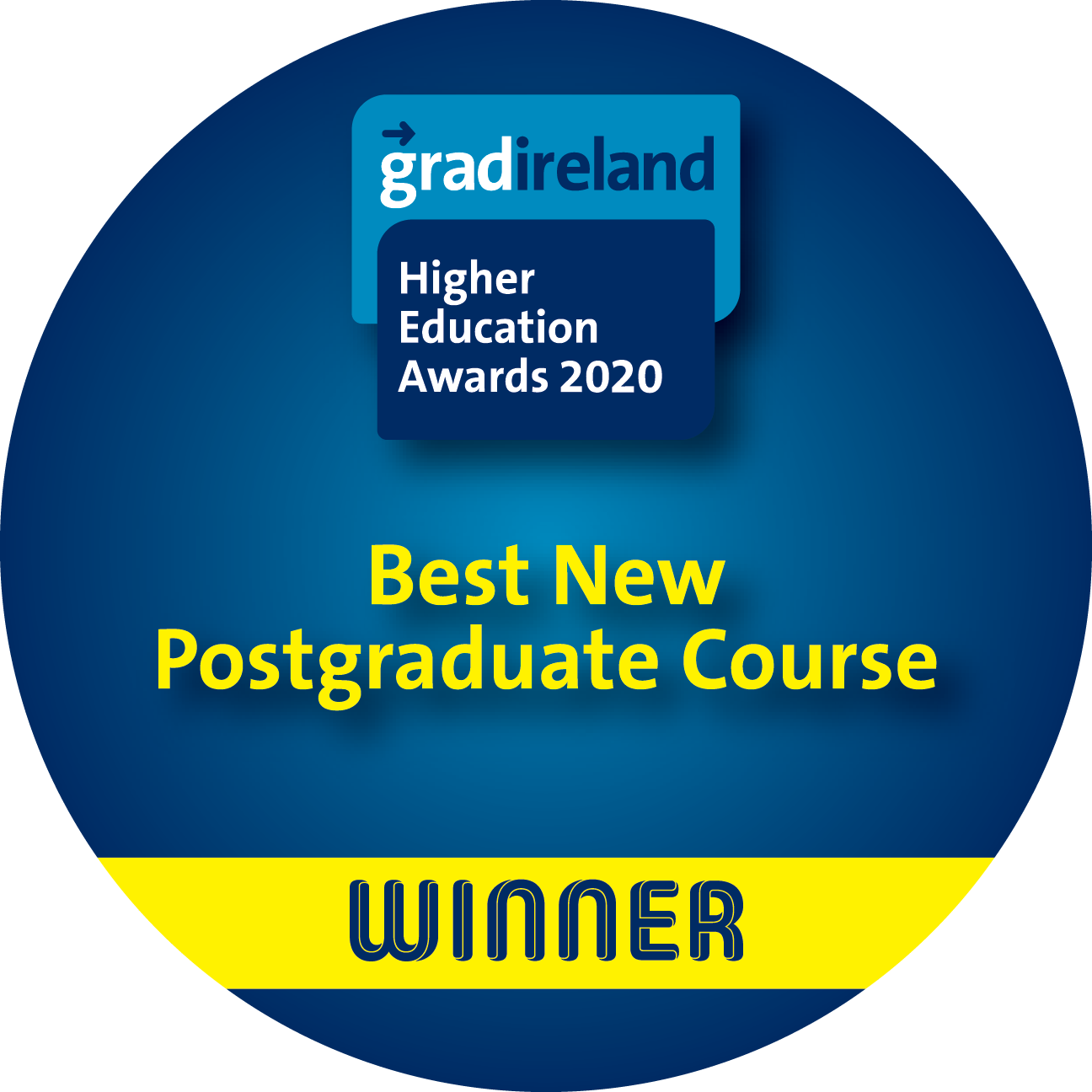Education
MSc Cellular Manufacturing and Therapy
The MSc in Cellular Manufacturing and Therapy is a unique course in Ireland offering the following opportunities in support of a career in cellular therapy. It was the Winner of the Best New Postgraduate Course 2020 in the Grad Ireland Higher Education Awards.
1. Instruction in the clinical-grade manufacturing of therapeutic cells for clinical application.
2. Modules in the biology underpinning the therapeutic application of mesenchymal stromal cells, immunotherapy and induced pluripotent stem cells; three types of cellular therapy currently in translation for clinical application.
3. Instruction by a multidisciplinary team of experts, the first to translate cellular therapies from the bench to clinical application in Ireland.
4. Four-month work placements where student are embedded in a host environment corresponding to their carer of choice.
The primary objectives of the MSc in Cellular Manufacturing & Therapy at NUI Galway is to A) provide formal training in cellular bioprocessing for clinical application and B) cultivating a rigorous scientific underpinning for the development of a cellular therapy. The course curriculum balances the scientific aspects of cellular therapy (in 3 modules), bioprocessing and manufacturing regulation (in 2 modules) and offers optional modules in cancer biology, business, clinical trials, and bioethics. A student’s practical skills are developed beyond the classroom laboratory activities with supplemental activities such as workshops in sterile gowning and a 4-month work or laboratory placement, thereby gaining research or enterprise-centric skills. When launching, this MSc programme was the first of its kind worldwide.
Through the course activities, students will have the opportunity to develop both technical and transferrable skills. Technical skills will be acquired through practical activities and module assessments, including aseptic technique in mammalian cell culture; cryopreserving and thawing cryopreserved cells; plating and expanding adherent and mammalian cells; quantifying cell number, viability, density; pipetting large and small volumes; sterile gowning; data collection, presentation and analysis and technical writing. Transferable skills will be developed through course workshops and group activities, including the ability to meet deadlines; adaptability and flexibility, analysis and decision making, critical thinking and evaluation of the literature, research/scientific integrity, team leadership, networking, organization, public speaking, time management and written communication.





